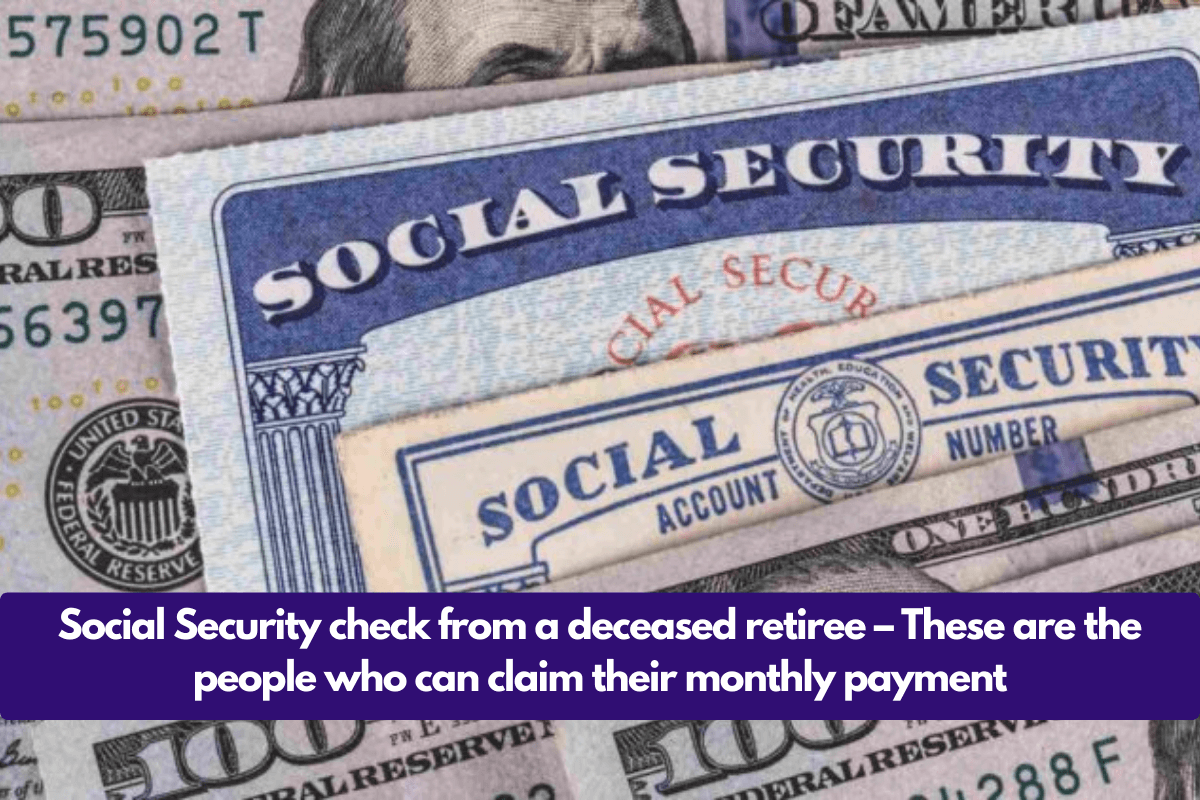Losing a loved one is never easy, especially if you are financially dependent on them and are concerned about financial insecurity after their death. For family members of those on Social Security, there may be some good news: some of them will still be entitled to benefits, and in some cases, a higher amount, now that the “breadwinner” is no longer with us.
A retiree’s Social Security check is typically based on their record, but the Social Security Administration (SSA) does provide benefits to spouses and children of workers in many cases, as long as certain conditions are met. Even the parents of deceased workers may be eligible for benefits if they are classified as dependents. Those who are eligible typically fall into one of three categories.
Spouses and ex-spouses
Those who were married to a deceased worker may be eligible if they meet the following criteria:
- Are age 60 or older, or age 50–59 if you have a disability, and
- Were married for at least 9 months before your spouse’s death, and
- Didn’t remarry before age 60 (age 50 if you have a disability).
You were not required to be married at the time of death to receive this benefit. Ex-spouses who have been married for at least ten years, as well as those with valid non-marital legal relationships, may be eligible.
Depending on the situation, you may be eligible regardless of your age or length of marriage, such as if you are caring for the deceased person’s child. This eligibility does not guarantee that you will receive 100% of the deceased worker’s benefits in all cases; the payments are scaled.
Payments begin at 71.5% of your spouse’s benefit and increase the longer you wait to apply. For example, if you claim at age 61, you will most likely receive more than 75% of the original benefit payment, more than 80% if you wait until age 63, and more than 90% if you wait until age 65.
However, if you can delay your claim until you reach your “Full Retirement Age for Survivor Benefits” (66-67), you will most likely be eligible for up to 100% of the benefits.
Still, conditions apply, and your benefits may be reduced for a variety of reasons, such as if you receive a pension from government work or have your own benefits to draw from.

Children
The children of deceased workers may be eligible if they’re unmarried and are:
- Age 17 and younger, or
- Ages 18–19 and in school (K–12) full time, or
- Any age if they developed a disability at age 21 or younger.
Children do not have to be biological or even directly related to the deceased workers; stepchildren, adopted children, grandchildren, and step grand children may be eligible for benefits in certain circumstances if they can demonstrate that they were financially supported by the deceased.
Even married children may be eligible in some cases, but the circumstances are unique and must be considered on an individual basis.
Children typically receive 75% of the parent’s benefit. However, there is a limit on how much a family can receive, known as the “family maximum.” To stay under this limit, the SSA may lower everyone’s payments. Ex-spouses do not count toward the family maximum.
Dependent parents
You might be eligible if you are:
- Age 62 or older and
- Were financially supported by your child who died.
Other Social Security benefits you may be entitled to
Even though it is not a Social Security benefit, you may be eligible for Medicare based on the deceased person’s record, which does not conflict with survivor benefits.
Meanwhile, if you are eligible for both Survivor and another benefit, you must choose the payment that is most beneficial to you because benefits cannot be stacked.
Having said that, you are not limited to one type of benefit; you could begin with Survivor benefits and then transition to Retirement at age 70, when the payment is highest.
Read Also :- Why do people who get SSI get the 2025 COLA raise in December before people who retire?











Leave a Reply